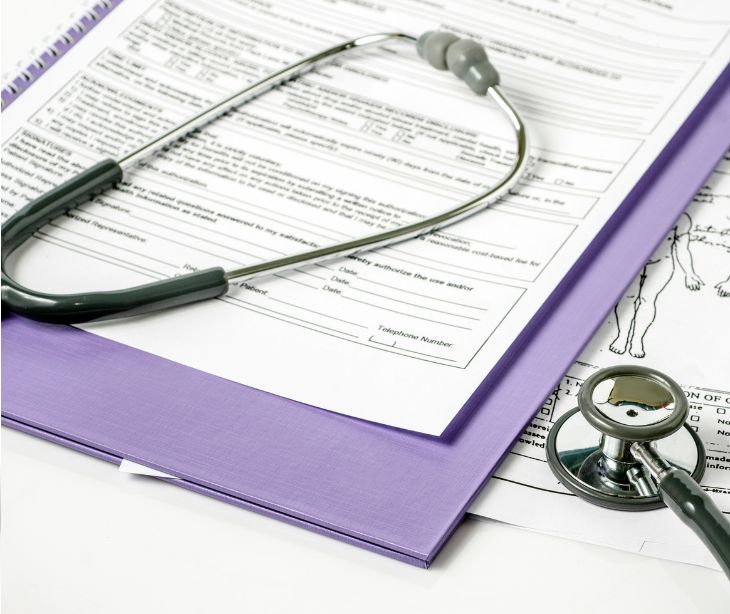
Achieving holistic HIPAA compliance demands a concerted effort across a healthcare organization. It involves a combination of technical measures, comprehensive policies, ongoing training, and a commitment to maintaining a culture of security within the organization.
The importance of HIPAA compliance
- Protecting patient privacy: It ensures confidentiality, fostering trust between patients and providers.
- Safeguarding health information: Measures like encryption protect electronic health data from cyber threats.
- Legal and ethical responsibility: It's a legal and ethical duty for covered entities to prevent penalties and uphold patient confidentiality.
- Preventing breaches and fraud: Security protocols reduce data breaches and identity theft risks.
- Promoting data exchange: It enables secure information sharing among healthcare providers, improving care coordination.
- Improving operations: Standardized procedures and tech upgrades streamline operations and enhance service delivery.
Related: Understanding and implementing HIPAA rules
How to approach HIPAA compliance holistically
Understanding the foundations
HIPAA compliance comprises three rules: the Privacy Rule, Security Rule, and Breach Notification Rule. Understanding these pillars lays the groundwork for compliance framework.
Identifying risks through assessment
Conducting a thorough risk assessment is fundamental. Pinpointing vulnerabilities and potential risks in data handling processes, storage, and transmission enables healthcare organizations to prioritize their compliance efforts.
Crafting policies and procedures
Developing and implementing meticulous policies and procedures aligned with HIPAA standards is pivotal. This includes stringent data encryption, access controls, employee training programs, and comprehensive incident response plans.
Empowering through employee training
Educating all staff members handling protected health information (PHI) is crucial. Regular and comprehensive training sessions ensure that employees understand their roles, responsibilities, and the significance of safeguarding sensitive data.
Go deeper: How to make employee training effective
Reinforcing access controls
Implementing stringent access controls is imperative to limit PHI access to authorized personnel only. This involves robust password policies, multifactor authentication, and strict physical access restrictions.
Safeguarding through data encryption
Encrypting PHI during both storage and transmission phases is non-negotiable. Data encryption prevents unauthorized access, covering data at rest and data in transit.
Vigilant vendor management
If third-party vendors or business associates have access to PHI, ensuring their compliance with HIPAA regulations is vital. Detailed agreements outlining their data security responsibilities are required.
Continuous audits and reviews
Regular audits and reviews of systems, processes, and policies are essential for ongoing compliance. This proactive approach aids in promptly identifying and rectifying any potential gaps or issues.
Preparing with an incident response plan
Developing a meticulous incident response plan is critical. This plan should encompass containment strategies, investigation protocols, notification procedures, and mitigation measures.
Comprehensive documentation and record-keeping
Maintaining thorough documentation of compliance efforts, including policies, procedures, training records, risk assessments, and incident reports, is crucial for transparency and accountability.
Continuous evolution and learning
HIPAA compliance is an evolving process. Staying updated on regulatory changes, security best practices, and technological advancements is essential for continuous improvement.
Seeking legal expertise
Consulting with legal experts well-versed in healthcare law can provide invaluable guidance, ensuring adherence to specific legal considerations and nuances within the healthcare industry.
Subscribe to Paubox Weekly
Every Friday we'll bring you the most important news from Paubox. Our aim is to make you smarter, faster.



